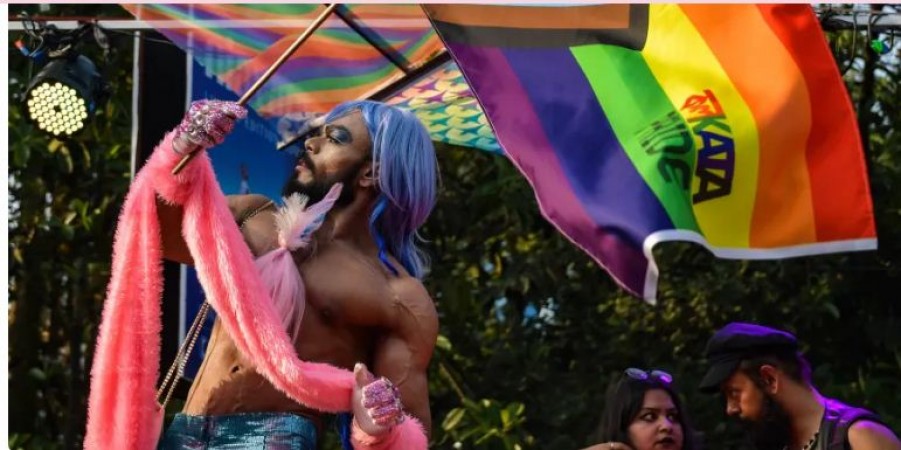
Despite India legalizing gay sex in 2018, the country still enforces a ban preventing transgender people and gay and bisexual men from donating blood, a policy many in the LGBT community are challenging as outdated and discriminatory.
Vyjayanti Vasanta Mogli, a trans woman from Hyderabad, experienced the harsh reality of this ban firsthand when her mother, suffering from advanced Parkinson’s disease, needed regular blood transfusions. As her mother’s sole caregiver, Ms. Mogli was unable to donate blood due to the ban and had to rely on social media to find donors, describing the process as "traumatizing."
Unfortunately, not everyone is as fortunate. Dr. Beoncy Laisharam, a doctor in Manipur, shared the tragic story of a patient whose transgender daughter was barred from donating blood, leading to her father's death after they couldn't find other donors in time.
These heart-wrenching experiences have driven activists like Sharif Ragnerka to take action. The 55-year-old writer and activist has filed a petition in India's Supreme Court, arguing that the ban on LGBT individuals donating blood is "highly prejudicial and presumptive" and violates their fundamental rights to equality, dignity, and life.
The ban, rooted in policies from the 1980s aimed at controlling the global HIV-AIDS epidemic, continues to persist despite significant changes in societal attitudes. The Indian government, however, has defended the ban, citing a 2021 health ministry report that claims transgender people and gay and bisexual men are "six to 13 times" more at risk of contracting HIV than the general population.
Critics argue that the policy is discriminatory, perpetuating harmful stereotypes and making LGBT individuals feel "excluded and insignificant." Dr. Laisharam pointed out that while HIV exists across all genders, the ban unfairly targets an entire community rather than focusing on individual health status.
India is home to millions of LGBT people, with estimates ranging from 2.5 million to over 135 million. Many in this community face significant discrimination and often find themselves ostracized from their families. Activists stress that the blood donation ban further hampers their access to critical medical care, preventing them from receiving blood from partners or chosen family members in emergencies.
LGBT activist Sahil Choudhary highlighted the devastating impact of the ban, questioning how community members can expect to receive help in life-threatening situations if they are barred from donating blood. He also noted that the ban might force potential donors to lie about their sexuality to save the lives of loved ones.
As the court reviews the petition, the LGBT community in India continues to push for change, hoping to end a policy they view as a relic of the past that has no place in a society striving for equality.